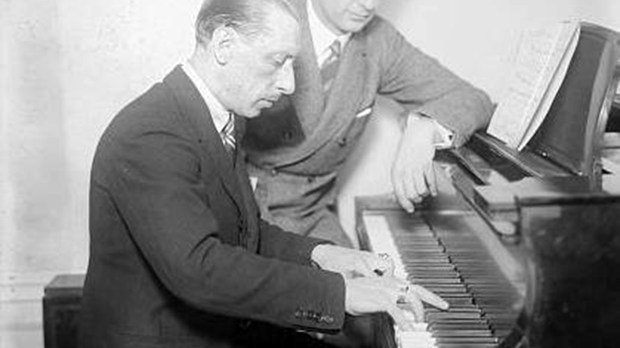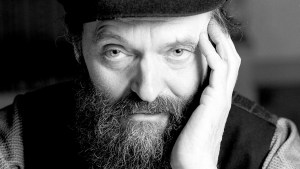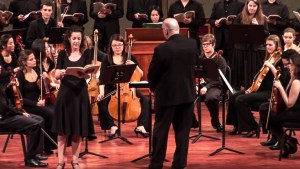Igor Stravinsky, who died 50 years ago this past April, was the most famous composer of the 20th century. Best known for his vibrant early ballets on Slavic themes (The Firebird, Petrushka), he later composed works that include austere settings of Latin texts (Threni, Canticum Sacrum) that do not make for easy listening. In between these musical bookends was a most extraordinary life.
Stravinsky was born near St. Petersburg and resided for decades in Los Angeles. He consorted with a who’s who of artists, musicians, and writers, including Rimsky-Korsakov, Chanel, Dali, Picasso, Balanchine, and Auden. He lived at a time when classical music had more cachet than it does now. Part of his revolutionary Rite of Spring ballet score was adapted for Disney’s animated film Fantasia. He was fêted at the White House by Jacqueline and John F. Kennedy (“nice kids,” he remarked afterwards). This was a composer who was no stranger to paparazzi.
Stravinsky’s “great feeling for Rome”
In addition to being a restless musical explorer and global celebrity, Stravinsky was a spiritual pilgrim. The composer grew up in the Russian Orthodox tradition, drifted from the faith in his youth, then returned with renewed vigor in the intense émigré milieu of 1920s France. Though his attendance at church services was spotty, his home was chock full of icons and other Orthodox artifacts. At the same time, Stravinsky was drawn to aspects of the Catholic ethos. “I am Christian-Orthodox,” he said, “but I sympathize with Catholicism.” He once told the writer Paul Horgan that “I myself have a great feeling for Rome.” But what about Russia? asked Horgan. “Yes, for Russia, of course. But the Latin, and the apostolic history of the papacy—many times I have thought of these things.”
A musical avant-gardist, Stravinsky was in many ways a religious traditionalist. He believed in the reality of Christ, Satan, miracles, and relics. He felt that sacred topics called for a special tongue, not a conversational one. At first this meant Church Slavonic, the liturgical language of Russian Orthodoxy. Slavonic has a lofty sonority compared to regular spoken Russian (rather like the way that Shakespeare sounds to English speakers today), and this is what Stravinsky loved most about it. “Church Slavonic,” the composer once said, “has for me always been the language of prayer.” But, once in the West, he turned more and more to Latin, which he valued for its unchanging and universal character.
An example of Stravinsky’s liturgical bilingualism, so to speak, is his two settings of the Our Father. In 1926 he wrote
, a heavenly choral setting in Slavonic. But in 1949 the composer recast the piece in Latin, and Otche Nash became . His Creed and Ave Maria received similar linguistic makeovers. Around the same time, Stravinsky composed a Latin-language Mass.Recognized by the Vatican
It is interesting to note that this Orthodox composer was twice recognized for his contributions to the Church. In 1963, by order of John XXIII, he was invested with the Papal Knighthood of St. Sylvester, in a ritual that took place in the cathedral of Santa Fe, New Mexico. A couple of years later, he was honored by Pope Paul VI in Rome.
Stravinsky died in New York City. A Slavonic prayerbook was at his bedside. The next morning a Requiem Mass was celebrated in Latin at one of the side altars of St. Patrick’s Cathedral. The funeral itself took place in the Basilica dei Santi Giovanni e Paolo (John and Paul) in Venice, a city the composer loved and a historic place of cultural exchange. His final Latin masterpiece Requiem Canticles was performed, followed by a traditional Greek Orthodox service.
Pope John Paul II spoke of the need for the Church to breathe with her “two lungs,” West and East. Stravinsky was the rare individual who did that in his own life. While remaining rooted in his native Orthodoxy, he came to value some of the spiritual riches of Catholicism. The composer was certainly not a saint, but in his idiosyncratic and imperfect way, showed how followers of Christ “may all be one” (John 17:21).



